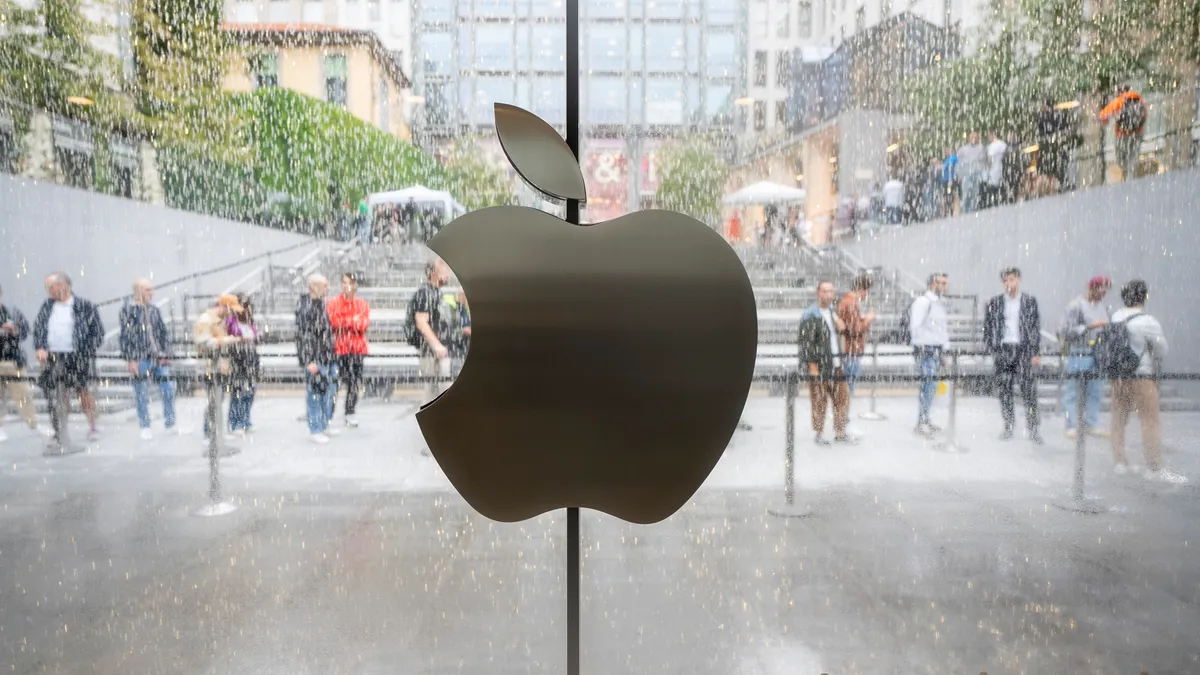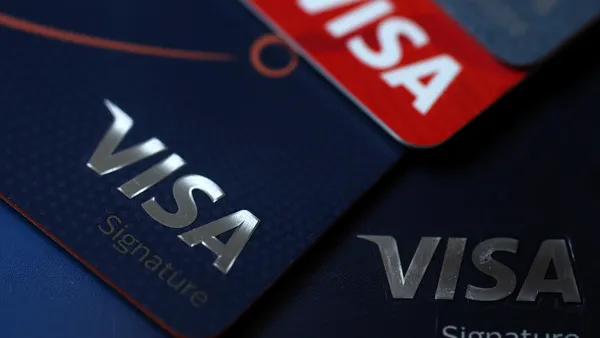Dive Brief:
- Tech giant Apple has become the first major buy now, pay later provider to fully share “pay-in-4” loan information and payment history to credit bureau Experian, with Apple Pay Later loans being included on consumers’ credit reports from Experian, the credit bureau said Wednesday.
- Experian will not factor the loans into borrowers’ credit scores for now, it said. Rather, starting Friday, the credit bureau will list Apple Pay Later loans initiated Wednesday onward on its credit reports, Experian said in a press release.
- Experian looks forward “to working with other leading BNPL providers,” Jennifer Schulz, CEO of Experian North America, said in the release.
Dive Insight:
Credit bureaus such as Experian announced efforts to include BNPL loan data in their reports about two years ago. But BNPL companies are largely not reporting “pay-in-4” loan information to the bureaus, saying that the current credit scoring models aren’t compatible with their short-term lending and that credit bureau efforts have fallen short.
The development may spur rival BNPL providers to follow suit, according to Ed deHaan, a professor at the Stanford Graduate School of Business.
However, “Apple is a huge organization, they’ve got deep pockets,” deHaan said during a Wednesday interview. “If they’ve got to hire a few people to make this thing happen, they can do that. Whereas some of these fintech BNPL providers, they’re living on much smaller budgets.”
Apple joined the BNPL market last year, taking on established competitors including Block-owned Afterpay and Stockholm-based Klarna. The lack of BNPL information being reported to credit bureaus has allowed consumers who might be turned away by credit card companies to sign on for multiple BNPL loans, deHaan said.
“We know from research that some material portion of BNPL users get themselves into financial distress,” deHaan said. “Once [BNPL firms] start reporting to the bureaus, then it becomes much more transparent about how much BNPL debt people are taking on.”
Experian said that current credit scoring models “are not designed with BNPL in mind,” which is why the bureau is not factoring them into its own scores, according to an email from a company spokesperson. The bureau is “in active conversations with BNPL providers to expand the reporting of BNPL information on consumer credit reports,” the spokesperson said.
If BNPL loans ultimately do become part of a borrower’s credit score, the effects could be good or bad, depending on the person, according to Sheridan Trent, director of market intelligence at payments consulting firm TSG.
“Integrating loan information with credit bureaus can be helpful for younger consumers experimenting with smaller BNPL plans to build credit, but could be problematic for repeat users who may struggle to juggle multiple plans at once,” Trent said in an email.
Jennifer Bailey, Apple’s vice president of Apple Pay and Apple Wallet, pointed to building credit as one of the reasons for sending its BNPL loan data to credit bureaus. Sharing that data would “help promote greater transparency and responsible lending for both the borrower and the lender, while providing users with the opportunity to further build their credit,” Bailey said in Wednesday’s release.
When asked if Apple Pay Later loan information will also be shared with credit bureaus Equifax and TransUnion, an Apple spokesperson pointed to an announcement on the company’s website from last year, in which Apple said it planned to report its BNPL loan information to U.S. credit bureaus.














